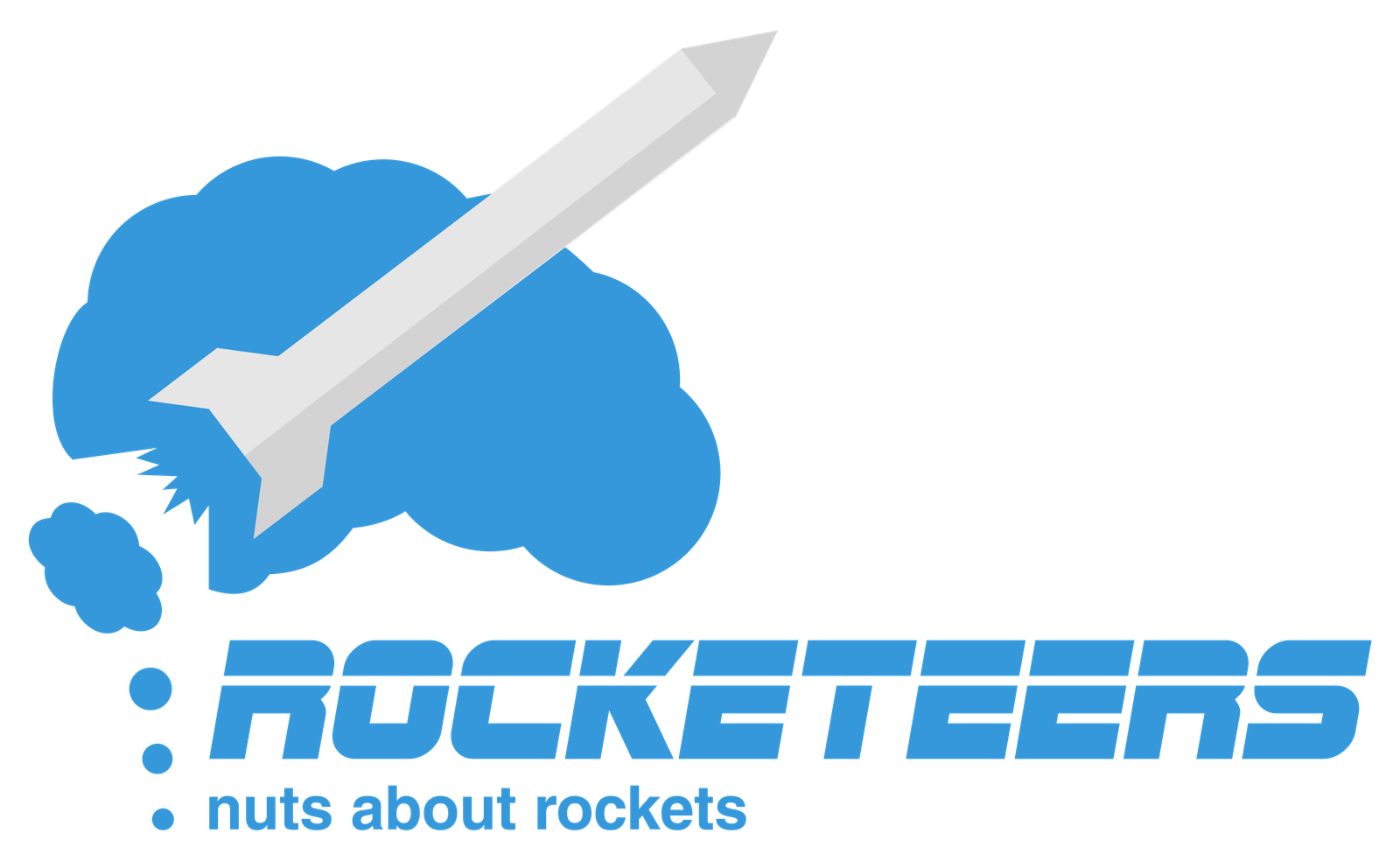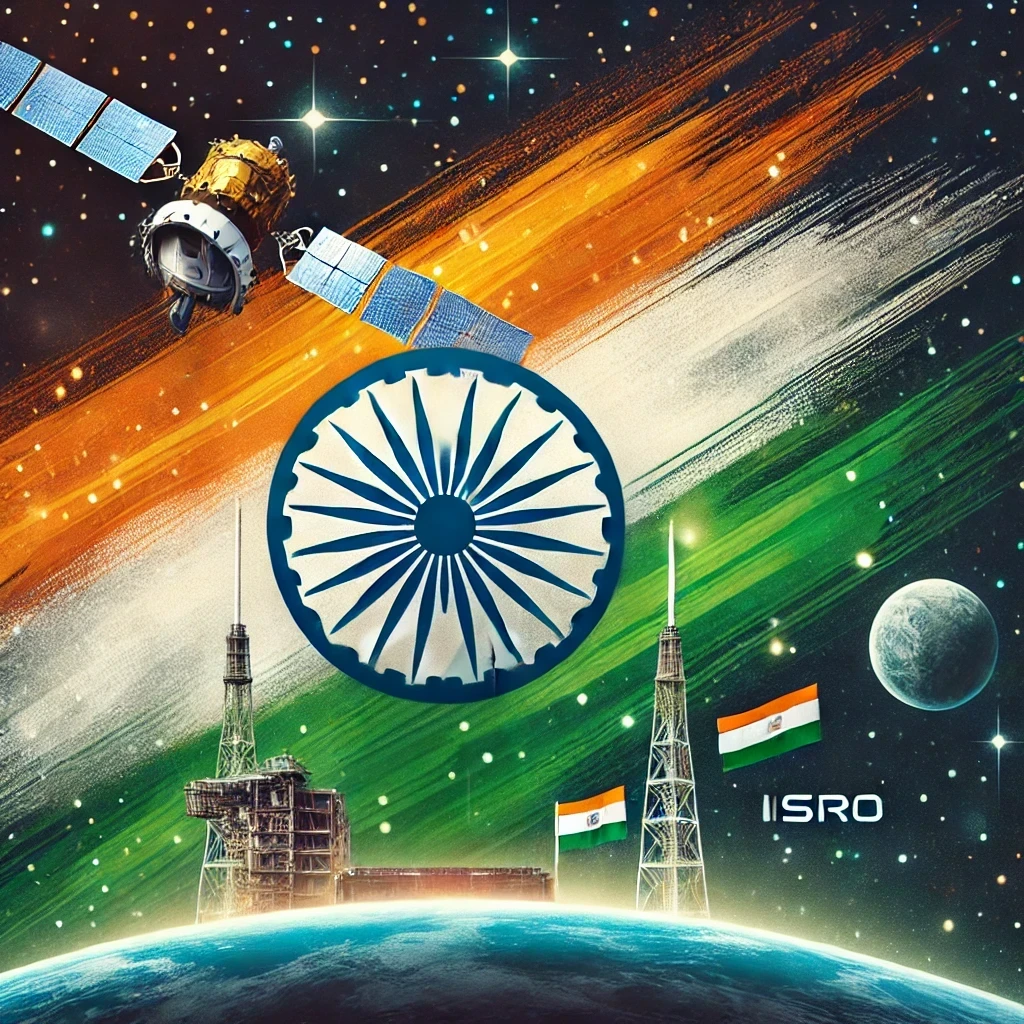What do you do when inspiration hits? Achyut Rajendran’s answer is to work at it. Read what he has to say about his interest in space sciences.

Today on Rocketeer’s Speak, we hear from Achyut Rajendran, an mechanical engineer from Cochin, who interned with us the last year. He has always had a strong passion for the space sciences and cites Elon Musk as his inspiration. While at Rocketeers, he took a liking to propulsion systems and help us develop a nozzle for our motors. Lets see what he has to say about working in a space science based start up and his interest in space sciences.
Like many rocket science enthusiasts, my passion for rocketry was ignited when I read Elon
Musk’s biography by Ashlee Vance. His dream for making humanity a space-faring species is one that stuck with me and revitalized my passion for engineering. Reading that book made me sit up and take notice of space exploration as an area of interest. Hence, when time came during my final year mechanical engineering at the Cochin University of Science and Technology, I looked into doing projects related to rocketry systems. That search led me to Rocketeers.

Working with Rocketeers was a totally new experience for me. From gaining insights into how a
startup is managed to trouble-shooting involved in developing the products, the two months I
spent with them is something I’ll always cherish. It was surreal that I was working on projects that were ingrained in rocketry. It is with pride that I say that I was involved in nozzle design and fabrication. I designed a few conical nozzles which were then fabricated and tested in Sivakasi, where the model rocket motors are tested. Designing a nozzle from scratch gave me insights into how design and technology play a vital role, even in making something as large as a launch vehicle.

The highlight of the whole experience was when I helped conduct a model rocketry workshop with the team in a remote village in Tamil Nadu. The joy and wonder on the children’s faces when the model rockets they had made themselves rose a hundred feet into the air is something I still remember.
When I came back to college, I was inspired to start an aerospace club, called CUSAT, in my college. I guess my enthusiasm was infectious and it was not long before I had a few friends who were keen on taking this forward. We also participated in a model rocketry competition, where we launched a rocket to a height of 600m. We built a model rocket with a mock system, however the event was cancelled in the last moment. As a part of the club’s activities, I also organized an inter planetary rover workshop in association with Space Development Nexus, where a mobile rovers were built with complete sensory capabilities.
I also led another team that signed up for the ISRO Lander Design competition called “Touch the Jovian moon”, where we had to design a lander to Europa, one of Jupiter’s moons. Working on this was a four month long gruelling process. Added pressure was that the judges were all ISRO scientists. However, our hardwork and dedication paid off and we were placed in the top 5 teams of the country.
After my graduation, I did a few research projects at IIST where I got to work in the supersonic lab on a project on scramjet propulsion and I also got to classify spray characteristics of rocket injectors. My enthusiasm for space science has turned into a passion and currently I am applying to universities for courses in thermal fluid and aerospace engineering, to further my knowledge.
It’s ironic how all of this started with model rocketry for me. Model rocketry is an activity that sadly is still in its infancy in India. It holds the potential to bring more children into STEM fields and inspire them to keep learning science. Rocketeers is pioneering that vision with their activities and programs , be it the rocketry labs they’re setting up in schools or the model rocketry workshops. I have high hopes for them and wish them all the best.

